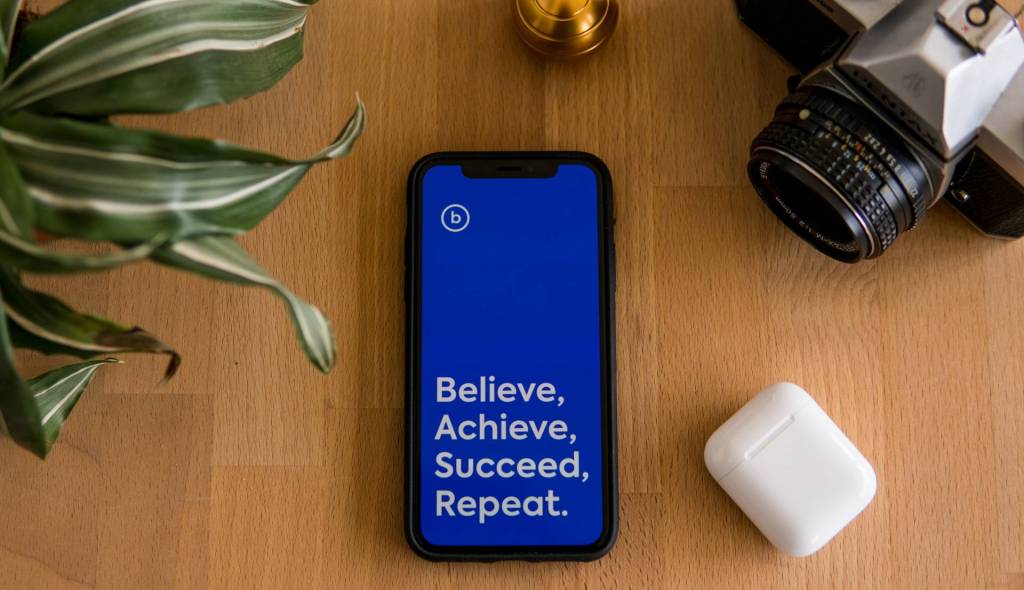 This weekend I attended a book festival that offered a session on platform building for authors. The panelists launched into a discussion of the importance of platform to sell books, but it wasn’t until an audience member asked for the definition of platform that they actually attempted to explain what it was. The definitions varied slightly among panelists.
This weekend I attended a book festival that offered a session on platform building for authors. The panelists launched into a discussion of the importance of platform to sell books, but it wasn’t until an audience member asked for the definition of platform that they actually attempted to explain what it was. The definitions varied slightly among panelists.
In some ways, the concept of platform is a little like the concept of branding. You hear about it a lot, you know you need it, but what it is and does is a little vague. The problem is, without understanding platform, you can go through the motions to build it, but not have success. Here are some ideas to understand, to guide you through building a platform
Visibility and reach
If you think about a platform as a stage, you can imagine that the taller it is, the more people can see you (visibility) and the more your message can be heard (reach). These are the most common terms used to define platform and often what advertisers or, in the case of book writing, publishers use to determine if you’re worth their time and money.
Building visibility and reach involve marketing tactics such as blogging, building an email list, developing a social media following, public speaking and engaging with media (i.e. writing articles or doing interviews). Through these activities, people can discover you, learn what you’re about and come to view you as an authority or valued resource.
What you stand for
Interestingly, the concept of platform as a way to convey ideas is mostly associated with politicians. People running for public office can have visibility and reach, but what attracts people are ideas. You can build platform through tactics like blogging or speaking, but for that to work you need to stand for something or have ideas you’re sharing. You can be visible and reach a lot of people one time, but what distinguishes a developed platform is having people who know and point to you as an authority. In order to have this type of credibility, you need to deliver messages or ideas people want. This is where knowing what type of brand identity you want to build is important. Disney Parks want to be known as the happiest places on earth. I doubt there are many people in the world who’ve never heard of Disney, but that alone isn’t platform. Disney’s customer service, movies and other activities are designed to deliver its message of happiness, which in turn, attracts and fosters customer loyalty.
Who loves you?
Another way that platform building is like branding is that its success depends a lot on your target market. You can do activities to build a brand, but it’s only successful if it delivers the promise and positive feelings to consumers. The same is true for platform building. You can blog and Tweet to your heart’s content, but if your market doesn’t care or see value in what you’re talking about, you don’t have a platform. In some ways, this aspect of platform is the most important. While a lot of value is put into numbers, such as the number of Twitter followers, what’s more important is how many are paying attention to you.
Although most people don’t describe it this way, platform is really about influence. Oprah has a huge platform, with gigantic visibility and reach. But her platform is most at work when she says, “I love this book,” and people run out and buy it. However, big numbers don’t necessarily equate to influence. Big numbers mean the potential for reach and visibility, but that potential is reached only if people like you and your message, and trust you. Further, there are people who don’t have a huge reach, but the few in their market who are listening, respond when they talk, making them very successful.
The important idea to remember when building a platform isn’t just to focus on getting subscribers or followers, but using strategies to share your knowledge, build credibility and rapport, and engage with your market so that your messages mean something and will result in action to those who hear it.












